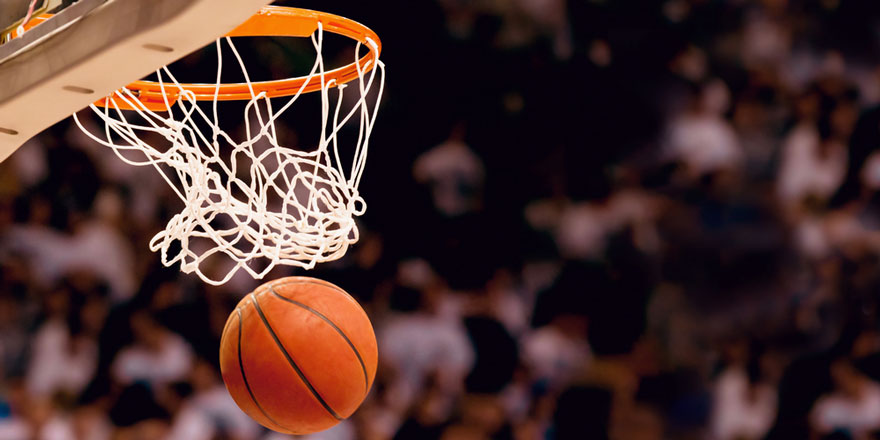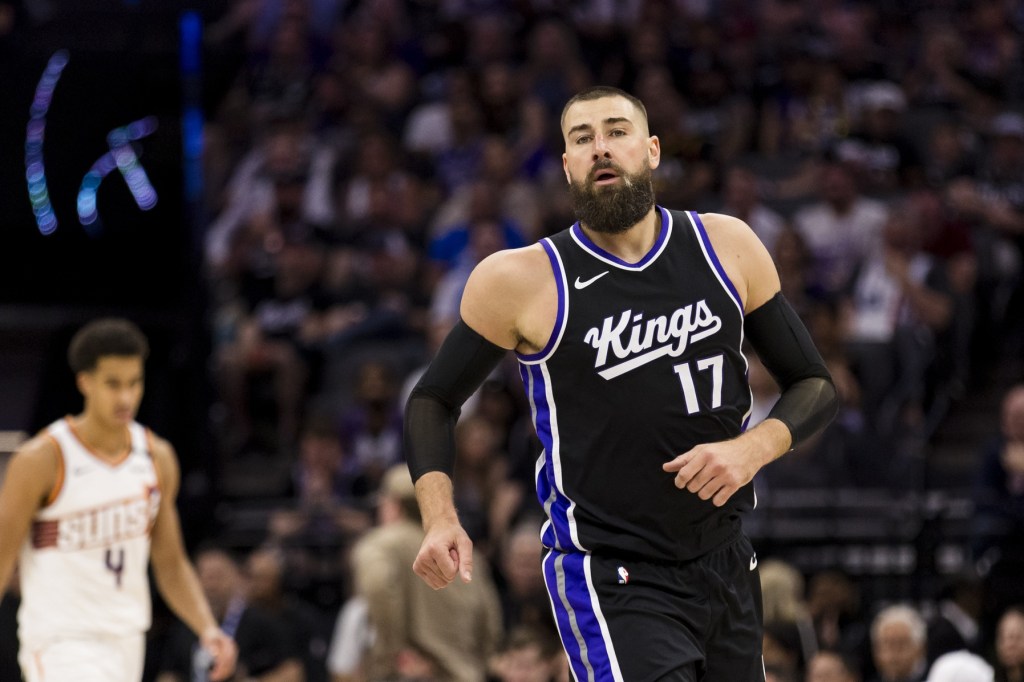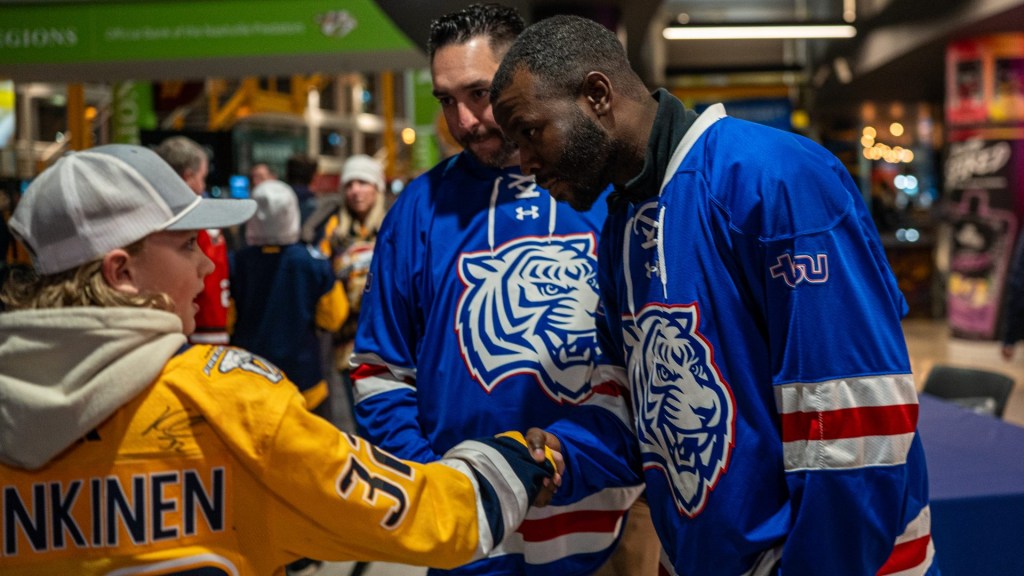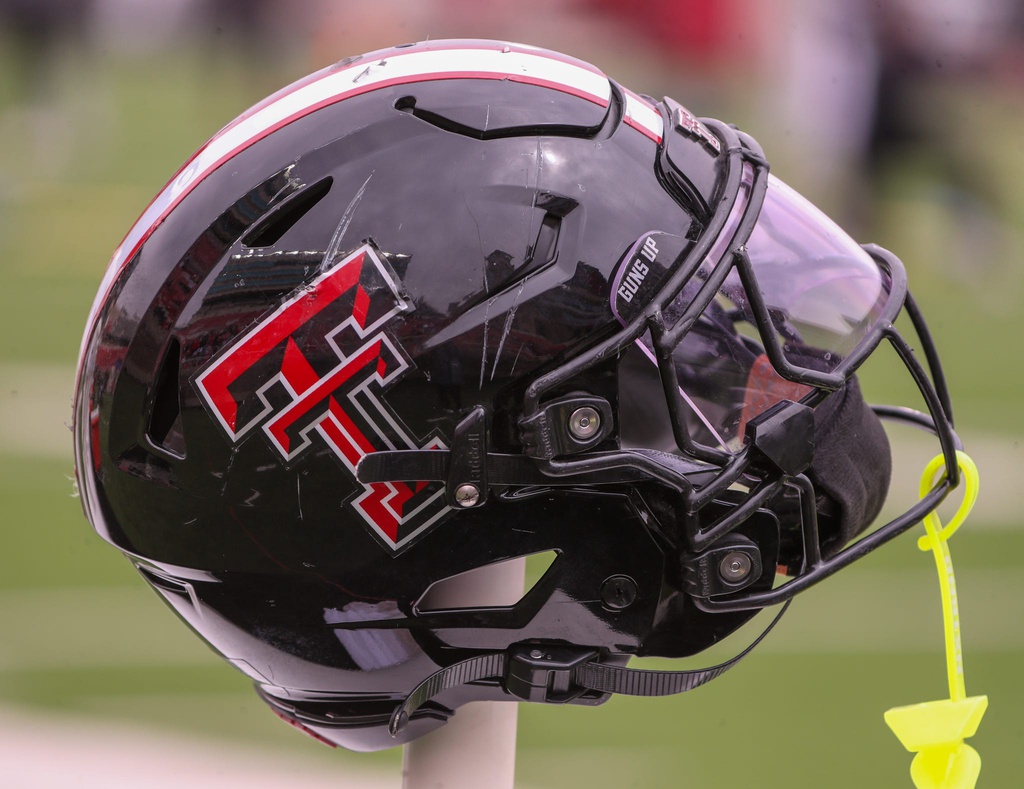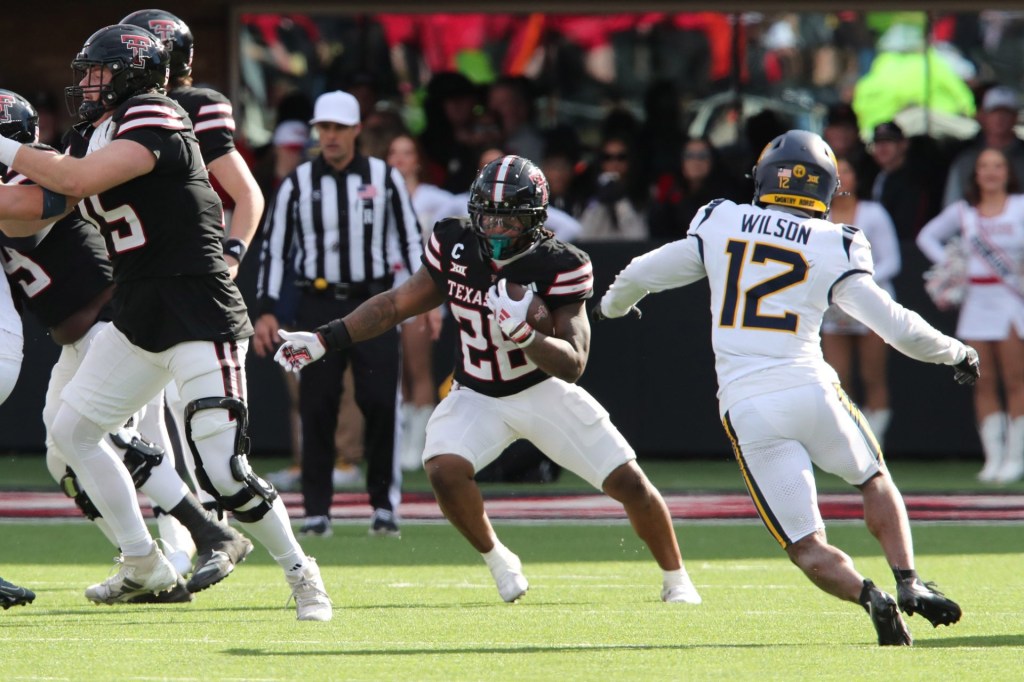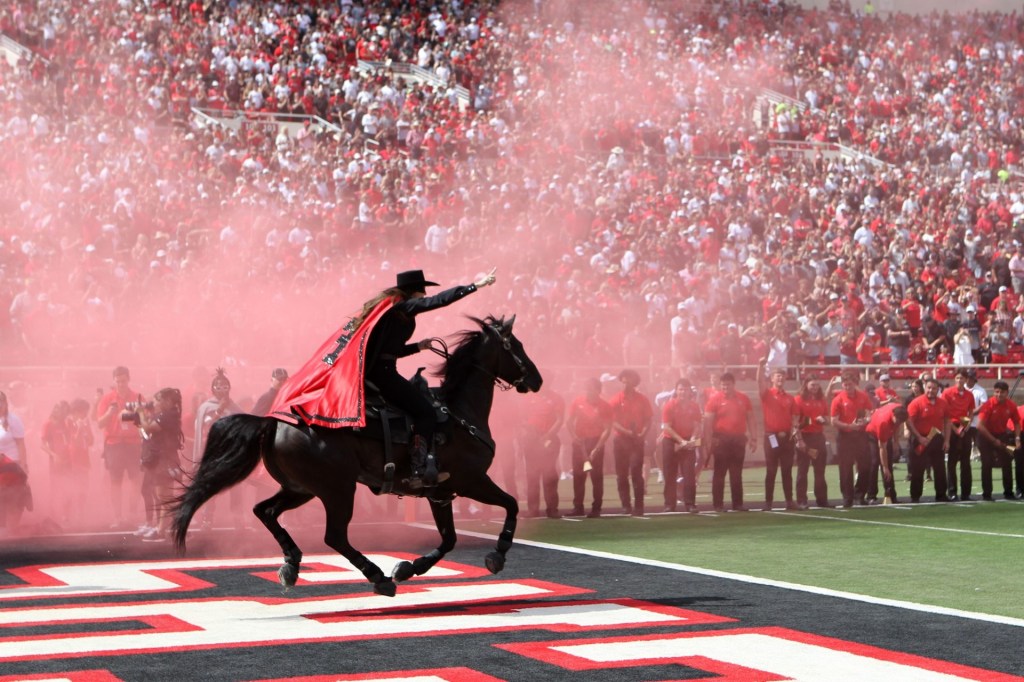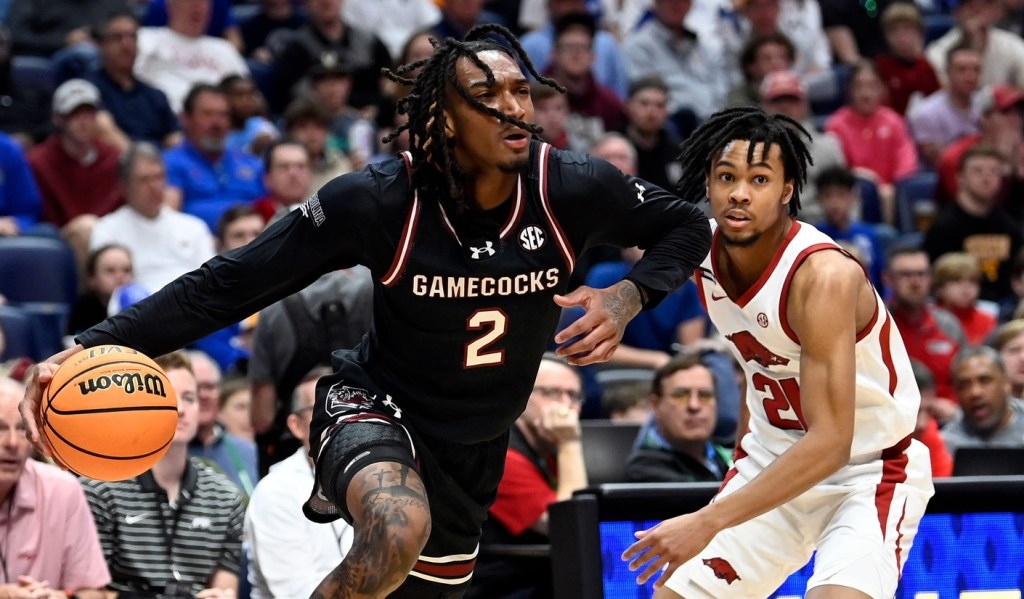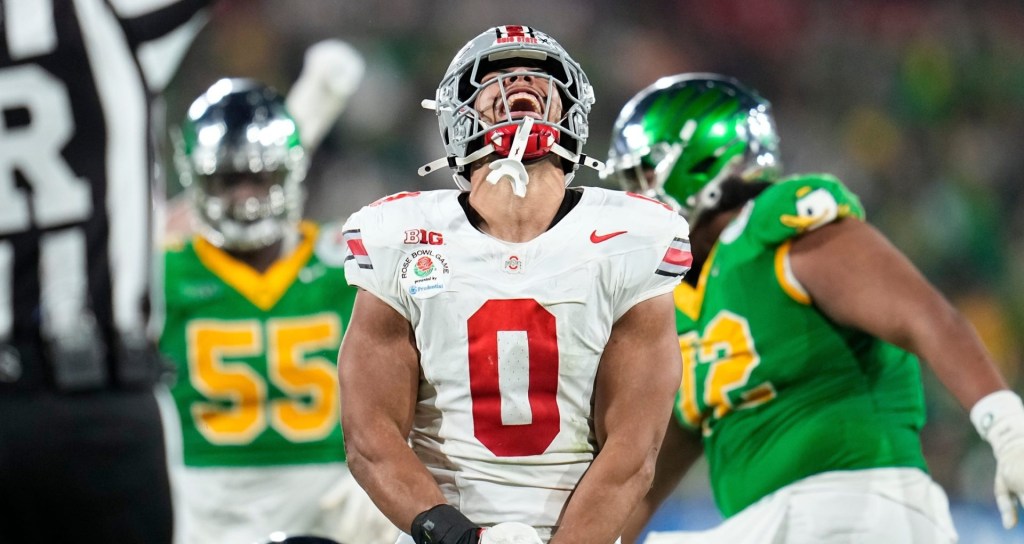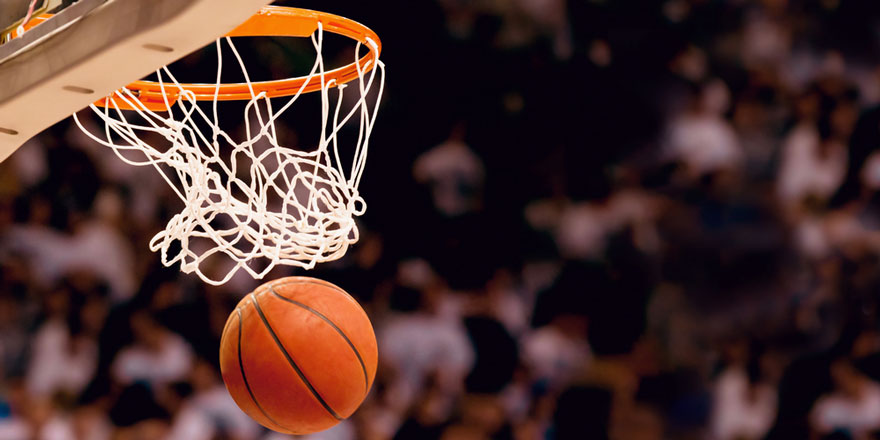
The Historical Basketball League wants to pay student-athletes and disrupt the NCAA.
The Baldwin Wallace University School of Health, Physical Education, and Sport Sciences (HPESS) presented a panel discussion on amateurism and paying college athletes with the founding executive leaders of the new Historical Basketball League (HBL), which aims to operate outside of the NCAA-controlled varsity athletics system and compensate its players. The panel consisted of Andy Schwarz, chief strategist; Ralph Green, chief marketing and licensing officer; and Ricky Volante, chief executive officer. It was MC’d by the Cleveland Cavaliers’ bilingual play-by-play announcer and RoadTrippinPodcast producer Rafa El Alcalde.
The league will be comprised of mostly, if not all, historically black colleges and universities (HBCU’s). Some HBCU’s include Spelman College, Howard University, Hampton University, Florida A&M University and more. Volante explained why they are targeting HBCU’s.
“We have decided to go with them mostly because they have the largest incentive to break away from the current system or try to create some alternative path to what they presently have.”
Schwarz, the original creator of the idea, is an antitrust economist, who has worked on numerous cases, including the O’Bannon v. NCAA case.
“The court found what the NCAA does is they cap payments. In this case, they cap licensing payments at $0 which was price fixing. But, the court’s remedy was very narrow, and as someone who worked on the case for five years, it was really disappointing,” explained Schwarz to the audience. “They said yes, you are doing all the classic things of a price fixer and we’re going give you a slap on the wrist, but you can still price fix, just be a little bit more generous with it.”
This case, combined with Northwestern attempting to unionize their football team, winning, and then being shut down by an appeals court were huge motivators for Schwarz in wanting to create an alternative for college athletes.
The season would take place in the summer months (June-September) when school is not in session, that way these student-athletes are able to focus on studies during the school year without having to travel and miss weeks of class. That is another huge factor the HBL is attempting to address. They also plan on providing their one-and-done players with an option where if they were to have some sort of career ending injury or for some reason, the NBA/G League do not work out, they are able to return to school on the same scholarship and finish their education.
Additionally, the league will play by official NBA rules; better-prepping players for the NBA from the get-go. This will take away some of the guesswork from NBA scouts and player operations personnel, as they will be able to evaluate the players in more of a professional setting.
Players will be able to monetize their likeness on social media platforms as well as hire an agent to take care of potential endorsement deals and contracts. As of now, the HBL is looking to pay its players anywhere from $50,000-$100,000. Volante went on to talk about other perks for HBL players:
“For us, it’s important that these guys have lawyers and agents day one. In addition, there are the ancillary benefits. We’ll have insurance policies in place for them; for the elite players, loss of value policies, so in the event of injury and their draft stock is negatively impacted, they’ll be covered there as well as 401k’s and disability policies.”
This league would not only benefit the players, it would significantly help the HBCU member institutions, as the HBL will pay signing bonuses to entice them to join the league. Most collegiate athletic departments are run on shoestring budgets, with the exception of a few. The HBL will provide another avenue for revenue generation, as member institutions will also be included in the revenues generated by the league, which can then be kicked back into the NCAA/NAIA varsity programs at the school. The league will primarily generate revenue through broadcasting rights and licensing fees. The HBL’s goal is to assist with new facilities as the league gets up and running as well.
The plan is to start with collegiate men’s basketball with the overall goal being to move into other sports. In order to abide by Title IX standards, the HBL would seek to provide additional scholarship opportunities for the women’s teams as the HBL will be starting out with only the men’s teams.
When asked about the possible repercussions from the NCAA, Green explained, “Because of the club designation, there probably isn’t a violation that the NCAA can throw at any school that’s participating, but there are some things around the edges that we’ve got to be sensitive to… such as the basketball staff within the school athletic departments… Are they going to face additional behind the scenes pushback? One thing about choosing the HBCU’s is that they [the NCAA] aren’t doing a whole lot for them anyway.”
There are a lot of variables at play when it comes to recruiting the talent that is necessary to make this league successful, but if done right, it could have a massive impact on the future of college sports.
Things to note: These teams will be treated as club teams and be separate from the varsity teams. Players will essentially be employees of the HBL receiving pay for their services.
Link to panel discussion: https://www.pscp.tv/w/1yNxaVgXOrWKj
